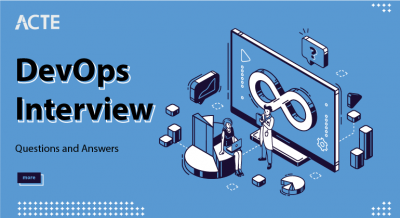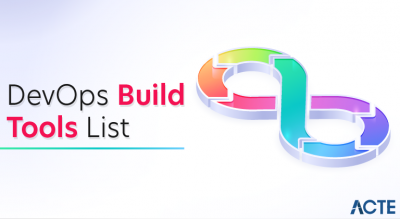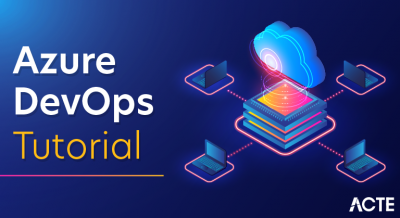
- Introduction to DevOps Engineering Skills
- Linux and Scripting Knowledge
- Continuous Integration and Continuous Deployment (CI/CD)
- Configuration Management Tools (Ansible, Puppet, Chef)
- Cloud Platforms (AWS, Azure, GCP)
- Infrastructure as Code (Terraform, CloudFormation)
- Containerization (Docker, Kubernetes)
- Monitoring and Logging (Prometheus, ELK Stack)
- Security Best Practices in DevOps
- Collaboration and Soft Skills for DevOps Teams
- Best Learning Resources for DevOps Skills
- Conclusion
Introduction to DevOps Engineering Skills
DevOps Engineering is a critical discipline that merges development and operations to create a seamless and efficient workflow for developing, deploying, and maintaining software. DevOps engineers are responsible for automating and streamlining processes, ensuring that software is delivered quickly, reliably, and safely. The goal of DevOps is to enhance collaboration between development and operations teams, foster continuous integration, and improve deployment pipelines, ultimately leading to faster time-to-market and higher-quality software. A DevOpsTraining engineer’s skill set is multifaceted and requires knowledge of various tools, technologies, and practices. Whether you’re an aspiring DevOps engineer or looking to advance your skills, understanding the field’s core competencies is essential to success.
Linux and Scripting Knowledge
Linux command line is the foundation of many DevOps environments, especially in cloud platforms and server configurations. Many applications and services are hosted on the Linux command line, and DevOps engineers need to have a strong command of the operating system. Scripting allows DevOps engineers to automate workflows, making it easier to deploy applications and manage DevOps environments consistently and efficiently. This includes:
- Linux Commands: Understanding how to navigate, manipulate files, and manage processes through the Linux command line.
- System Administration: Knowledge of system administration tasks such as managing users, installing packages, DevOps Career Path, and troubleshooting performance issues.
- Scripting Skills: DevOps engineers often automate repetitive tasks using scripting languages. Bash and Python are particularly useful for writing scripts that automate backups, deployments, and configuration changes.
Learn the fundamentals of DevOps with this DevOps Online Training.
Continuous Integration and Continuous Deployment (CI/CD)
Continuous Integration (CI) and Continuous Deployment (CD) are key practices in DevOps that automate software development and delivery. A DevOps engineer must understand how to set up and manage CI/CD pipelines to streamline these processes.
Continuous Integration (CI): CI automatically integrates new code changes into a shared repository several times daily. This process ensures that developers can quickly detect and address bugs, reducing the likelihood of integration issues when it’s time to deploy.
Continuous Deployment (CD): Automates the process of delivering applications into production. Once code changes pass testing, they are automatically deployed to production with minimal manual intervention, allowing for faster delivery and continuous improvements.
Dive into Devops by enrolling in this Devops Online Training today.
Configuration Management Tools (Ansible, Puppet, Chef)
Configuration management tools are crucial in DevOps, as they help automate the configuration of systems and software. DevOps engineers use these tools to ensure that infrastructure is consistent and reproducible, thus reducing the risk of Devops Tools for Database Management. Using these tools effectively ensures that DevOps engineers can manage infrastructure configuration at scale while maintaining consistency across systems.
- Ansible: Ansible is a popular open-source automation tool for automating cloud provisioning, configuration management, and application deployment. It uses YAML syntax, which is easy to read and write.
- Puppet: Puppet is another powerful automation tool widely used for managing infrastructure at scale. It uses declarative language to define the desired system state.
- Chef: Chef is another configuration management tool that allows you to automate infrastructure by writing Ruby code. It is beneficial for managing complex DevOps environments.
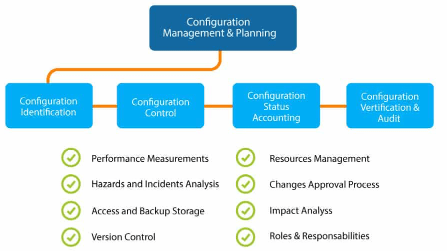
Cloud Platforms (AWS, Microsoft Azure, GCP)
Cloud platforms are at the heart of most DevOps environments. These platforms offer a wide range of computing, storage, networking, and security services, which are essential for building, deploying, and maintaining applications. DevOps engineers must be proficient in working with one or more of the following major cloud platforms:
- Amazon Web Services (AWS): AWS is the most widely used cloud platform and offers services for computing (EC2), storage (S3), databases (RDS), and serverless computing (Lambda). Any DevOps engineer must understand how to leverage AWS to deploy scalable infrastructure.
- Microsoft Azure: Azure is Microsoft’s cloud platform, providing similar services to Amazon Web Services but with a more integrated experience for organizations using Microsoft technologies. Azure DevOps tools help automate workflows, manage infrastructure, and integrate with other Microsoft products.
- Google Cloud Platform (GCP): Google Cloud is widely known for its strengths in data processing, machine learning, and containerized applications (Kubernetes). A DevOps engineer working with GCP should be familiar with services like Top Features of Docker, Google Kubernetes Engine, and Google Cloud Functions.
Infrastructure as Code (Terraform, CloudFormation)
Infrastructure as Code (IaC) is the practice of defining and provisioning infrastructure using code. This practice allows DevOps engineers to automate the creation and management of cloud infrastructure, making deployments faster, more consistent, and repeatable. IaC tools like Terraform and CloudFormation are essential for DevOps engineers to automate infrastructure management and reduce the risk of errors caused by manual configuration.
- Terraform: Terraform is an open-source IaC tool that supports various cloud platforms, including AWS, Microsoft Azure , and GCP. It uses a declarative configuration language to describe the desired state of infrastructure and then provisions and manages the resources.
- CloudFormation: AWS CloudFormation is AWS’s IaC service, which allows DevOps engineers to define and provision AWS infrastructure using templates in JSON or YAML. It automates the setup of Amazon Web Services resources and enables infrastructure versioning and rollback.
Take charge of your Devops career by enrolling in ACTE’s Devops Master Program Training Course today!
Containerization (Docker, Kubernetes)
Containerization is a technology that allows DevOps engineers to package applications and their dependencies into a Terraform vs Ansible, portable container. Containers ensure an application runs consistently across different environments, from development to production. DevOps engineers must be proficient in Docker for creating containers and Kubernetes for managing those containers in production environments.
Docker: Docker is a tool that enables developers and DevOps engineers to create, deploy, and run applications in containers. It helps streamline application deployment and ensures portability.
Kubernetes: Kubernetes is an open-source container orchestration platform that automates containerized applications’ deployment, scaling, and management. It provides features like auto-scaling, load balancing, and rolling updates, making it ideal for managing large-scale containerized applications.
Monitoring and Logging (Prometheus, ELK Stack)
Monitoring and logging are essential components of a DevOps engineer’s responsibilities. Effective monitoring ensures that applications perform as expected, and logging provides insights into errors and system performance.
- Prometheus: Prometheus is an open-source monitoring and alerting toolkit for reliability and scalability. It is commonly used with Kubernetes to collect metrics from containerized applications and infrastructure.
- ELK Stack (Elasticsearch, Logstash, Kibana): The ELK Stack is a powerful logging and visualization tool for aggregating, storing, and analyzing log data. It consists, Elasticsearch A search engine for storing and indexing logs . Logstash A tool for processing and filtering logs. Kibana A visualization tool for analyzing and displaying log data.
Want to ace your Devops interview? Read our blog on Devops Interview Questions and Answers now!
Security Best Practices in DevOps
Security is a critical aspect of DevOps, and integrating security into the development lifecycle is known as DevSecOps. DevOps engineers must ensure that security practices are incorporated into every software development and deployment stage. Secure Coding Practices Writing secure code is the foundation of DevSecOps. DevOps Training engineers must work closely with developers to identify and mitigate security vulnerabilities. Automated Security Testing Implementing automated security testing within CI/CD pipelines helps detect vulnerabilities early in development. Tools like Snyk, OWASP ZAP, and Aqua Security can help automate security scans. Compliance and Auditing is crucial to ensure that infrastructure and applications meet industry security standards and regulatory requirements (e.g., GDPR, HIPAA). DevOps engineers must automate compliance checks and ensure audibility across systems.
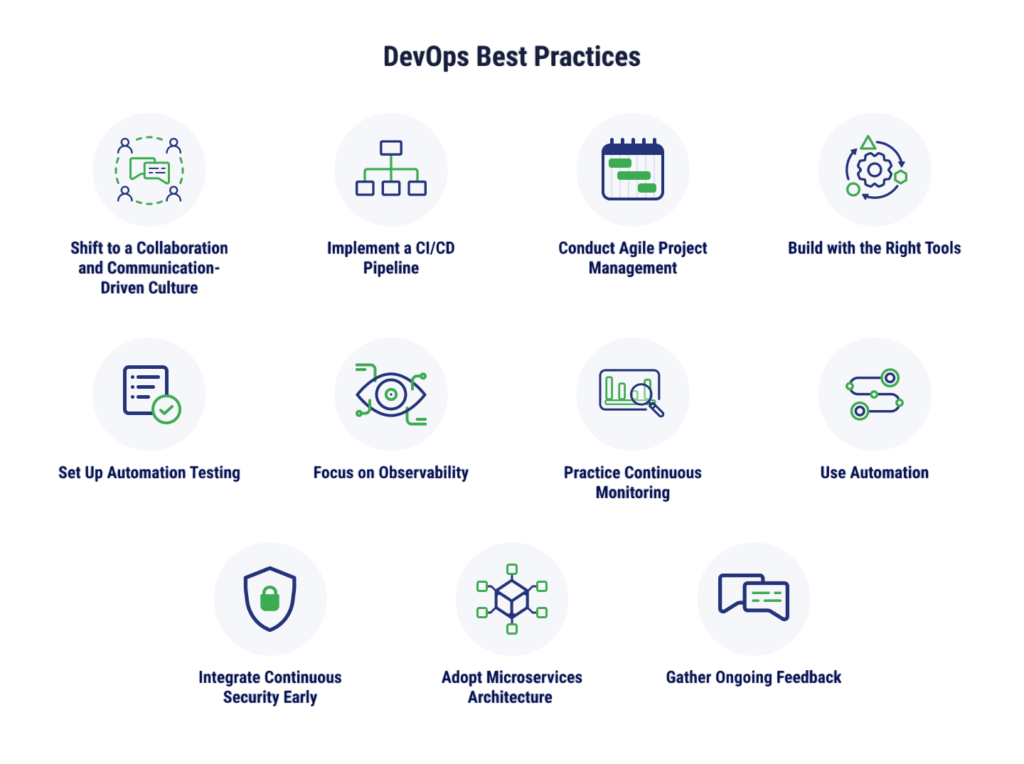
Collaboration and Soft Skills for DevOps Teams
In addition to technical expertise, DevOps engineers need to possess strong collaboration and soft skills. Effective communication, problem-solving, and working in cross-functional teams are essential in a DevOps environment. Communication DevOps engineers must work closely with developers, system administrators, and operations teams. Clear and concise communication is critical to ensuring smooth coordination across teams. Collaboration DevOps emphasizes cooperation between development and operations. Engineers need to understand the importance of teamwork and how to collaborate effectively to achieve shared goals. Problem-Solving DevOps engineers are often tasked with troubleshooting issues in Docker Container DevOps environments . Strong analytical and problem-solving skills are essential for identifying the root cause of problems and finding solutions.
Best Learning Resources for DevOps Skills
Continuous learning is crucial to building a successful career in DevOps. Books like “The Phoenix Project” and “The DevOps Handbook” provide excellent foundational knowledge about DevOps practices. Here are some excellent resources:
- Online Courses: Platforms like Udemy, Coursera, Pluralsight, and LinkedIn Learning offer a variety of DevOps courses on topics ranging from basic principles to advanced tools.
- Documentation: Reading official documentation for tools like Docker, Kubernetes, Terraform, and Amazon Web Services will deepen your understanding of these technologies.
- DevOps Communities: Joining communities like DevOps Subreddit, Stack Overflow, or DevOps on Slack allows you to learn from others, solve problems, and stay updated with industry trends.
Conclusion
DevOps engineering is a dynamic and rapidly evolving field. To succeed, DevOps engineers must master various technical skills, including Linux command line , scripting, CI/CD pipelines , cloud platforms, and containerization tools. Moreover, security best practices and collaboration are essential to building effective DevOps processes. By continuing to develop knowledge and experience, aspiring DevOps Training engineers can position themselves as valuable assets in organizations seeking to streamline their software delivery pipelines and improve operational efficiency.


